Keynote Speaker

Lawrence Corey, MD
President and Director Emeritus,
Fred Hutchinson Cancer Research Center
Lawrence Corey Endowed Chair in Medical Virology
Professor, Laboratory Medicine and Allergy and Infectious Diseases
University of Washington
An internationally renowned expert in virology, immunology and vaccine development, his research focuses on herpes viruses, HIV and other viral infections, particularly those associated with cancer.
His honors and awards include election to the American Academy of Arts and Sciences and to the Institute of Medicine. He is also the recipient of the Pan American Society Clinical Virology Award, the American Society for STD Research Parran Award, the University of Michigan Medical School Distinguished Alumnus Award, the Infectious Diseases Society of America Ender’s Award and the Cubist Award from the American Society of Microbiology.
Corey received his medical degree from the University of Michigan and his infectious diseases training at the University of Washington. He has authored more than 700 scientific publications and has served on numerous editorial boards and national committees, along with serving as head of both the NIH-sponsored AIDS therapy and HIV vaccine programs.
Plenary speakers
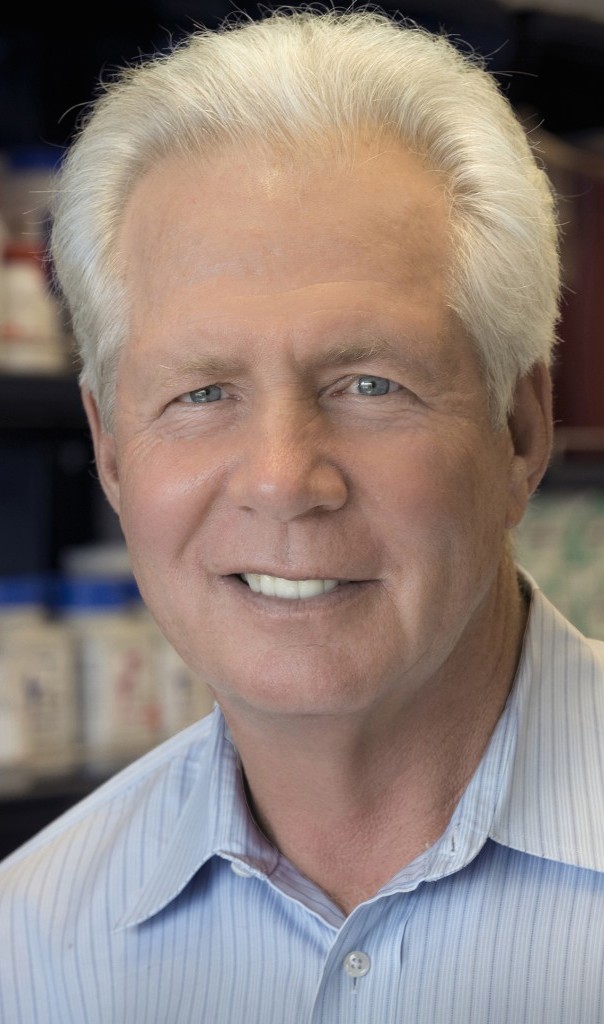
Warner C. Greene, MD, PhD
Director, Senior Investigator
Gladstone Institute of Virology and Immunology
Nick and Sue Hellmann Distinguished Professor of Translational Medicine
Professor of Medicine, Microbiology and Immunology
University of California, San Francisco
Dr. Warner C. Greene is the founding Director and the Nick and Sue Hellmann Distinguished Professor of the Gladstone Institute of Virology and Immunology. He is also a Professor of Medicine, Microbiology and Immunology at the University of California, San Francisco (UCSF) and is co-director of the federally funded UCSF-Gladstone Center for AIDS Research.
Dr. Greene received his BA degree with great distinction from Stanford University and his MD and PhD degrees with honors from Washington University School of Medicine. He completed his internship and residency training in Internal Medicine at the Massachusetts General Hospital at Harvard. Next, he served as a senior investigator at the National Cancer Institute from 1979-1986 where he started his own laboratory. In 1987, he became Professor of Medicine at Duke University Medical Center and an Investigator in the Howard Hughes Medical Institute.
Dr. Greene’s studies focus on HIV pathogenesis including new insights into how CD4 T cells die during HIV infection and new approaches to curing HIV infection. He has authored than 370 scientific papers He is a member of the American Academy of Arts & Sciences, the National Academy of Medicine and a fellow of the American Association for the Advancement of Science, and a past president of the Association of American Physicians. Dr. Greene is most proud of having mentored more than 120 students and fellows during his 30+ year career in science.
In 2007, Dr. Greene expanded his work to include global health in sub-Saharan Africa serving as President of the Accordia Global Health Foundation. Accordia’s first center of excellence, the Infectious Diseases Institute at Makerere University in Kampala, Uganda has already trained over 6,700 health care workers from 27 African countries, is caring for 30,000 HIV-infected patients in its clinics and has launched outreach programs that are improving the health of nearly 500,000 people living in remote rural regions of Uganda. Accordia’s 10-year goal is to create a network of Centers of Excellence to drive health innovation in Sub-Saharan Africa. In 2013, Dr. Greene assumed the position of Executive Chairman of Accordia.
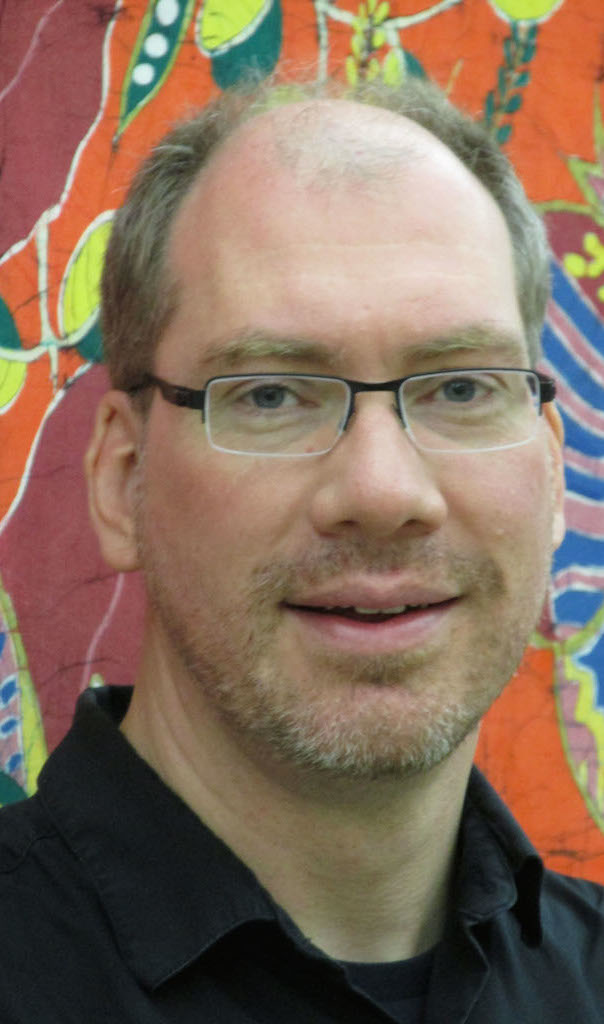
Timothy Henrich, MD
Assistant Professor, Department of Medicine
Division of Experimental Medicine
University of California, San Francisco
Timothy Henrich, M.D. is an Assistant Professor of Medicine in the Division of Experimental Medicine at the University of California, San Francisco. Dr. Henrich is engaged in basic and translational HIV eradication research with an emphasis on stem cell transplantation and cytotoxic chemotherapy for malignancies on HIV persistence, viral evolution, and immune responses. Dr. Henrich is also engaged in the design and implementation of novel platforms for the detection and characterization of HIV reservoirs in collaborative studies involving bioengineering and nano/microtechnology. Lastly, he is determining the role of immune modulatory agents and antibody-drug conjugates in targeting and eliminating latent HIV reservoirs. After graduating from the Yale University School of Medicine, Dr. Henrich completed internal medicine residency at the BWH and infectious disease fellowship at the BWH and Massachusetts General Hospital. He then joined the infectious disease faculty at the BWH as an Assistant Professor of Medicine at Harvard Medical School prior to relocating to San Francisco.

Mark Kay, MD, PhD
Dennis Farrey Family Professor
Department of Pediatrics and Genetics
Vice Chair for Basic Research (Pediatrics)
Stanford University
Dr. Kay is the Head of the Division of Human Gene Therapy and the Dennis Farrey Family Professor in the Departments of Pediatrics and Genetics at Stanford University. He received a Ph.D. in Developmental Genetics, and M.D. from Case Western Reserve in Cleveland, Ohio. Before coming to Stanford in 1998, Dr. Kay was at the University of Washington as Associate Professor in the Departments of Medicine, Biochemistry and Pathology. Dr. Kay has received many awards. Dr. Kay was on the founding board of directors of the American Society for Gene Therapy and served as the Society’s Vice-President, President-Elect, and President in 2003-2006. He has served on the Oligonucleotide Therapeutics Board of Directors during the last 5 years. He was elected to the Association of American Physicians in 2010. Dr. Kay received the American Society for Gene and Cell Therapy’s Outstanding Investigator Award in 2013.
Dr. Kay has published over 250 scientific papers. The focus of the laboratory is to establish the scientific principles required for gene and nucleic acid transfer for the treatment of genetic and acquired diseases. Dr. Kay has worked on the development of many DNA gene transfer vectors and the mechanism by which they transduce tissues in mammals. His group has performed two Phase I/II gene therapy trials for hemophilia B. His laboratory was the first to establish therapeutic RNAi in whole non-embryonic mammals, and RNAi-mediated inhibition of a human viral pathogen (HBV) in animals. His work continues towards defining the molecular limits of delivered and expressed RNAi in vivo as well as the mechanisms involved in si/shRNA -mediated gene silencing and the biological mechanisms involved in miRNA-mediated gene repression. In addition, his laboratory is studying the role that the newly defined small tRNA-derived RNAs play in mammalian gene regulation.

Edward Berger, PhD
National Institute of Allergy and Infectious Diseases

Jacob Estes, PhD
National Cancer Institute

Michael Farzan, PhD
Scripps Research Institute, Florida

Deborah Fuller, PhD
University of Washington
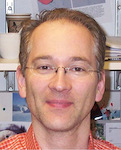
Florian Hladik, MD, PhD
University of Washington
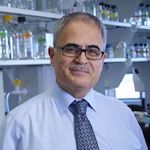
Kamel Khalili, PhD
Temple University

Priti Kumar, PhD
Yale University
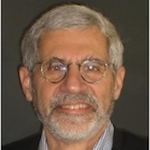
Alan Perelson, PhD
Los Alamos National Laboratory

Christopher Peterson, PhD
Fred Hutchinson Cancer Research Center
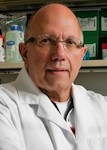
Rafick Pierre-Sekaly, PhD
Case Western Reserve University

James Riley, PhD
University of Pennsylvania

Mario Roederer, PhD
National Institute of Allergy
and Infectious Diseases

Matt Sharp
AIDS Long-term Survivor
Independent HIV Education & Advocacy Consultant

Pamela Skinner, PhD
University of Minnesota

Laurie Sylla
defeatHIV & Martin Delaney Collaboratory CABs

Thor Wagner, MD
University of Washington,
Seattle Children's Hospital

Annemarie Wensing, MD, PhD
University Medical Center, Utrecht
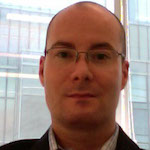
James Whitney, PhD
Ragon Institute, MGH/MIT/Harvard
